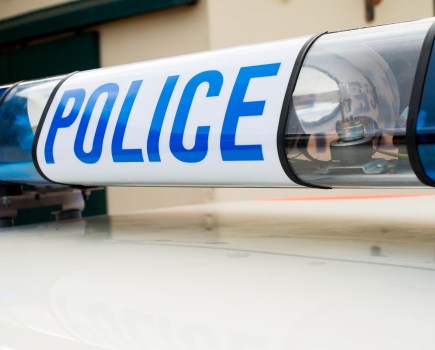An equine hospital in Hampshire has become the first veterinary practice in the UK to perform ground-breaking neck surgery.
Led by Dr Rachel Tucker, a European specialist in equine surgery, Liphook Equine Hospital near Petersfield has successfully performed the foraminotomy procedure, which addresses spinal nerve compression, on six horses.
The keyhole surgery relieves pressure on nerves that are being pinched by bony enlargements in the lower neck by removing excess bone and soft tissue.
Nerve compression – also known as a pinched nerve – in the neck can lead to pain or sensory deficits. If undiagnosed or untreated, the condition can lead to ongoing discomfort and retirement from ridden work.
In horses the condition can cause tripping, a shortened forelimb stride, hopping lameness, neck stiffness or behavioural issues, all of which can be worse when the horse is being ridden.
“We are extremely proud to have performed the first foraminotomy surgeries in the UK at Liphook Equine Hospital,” said Dr Tucker.
“I am very grateful to work with such a skilled and dedicated team that have allowed all the required elements to come together to enable us to offer this procedure. I am also grateful to Lindsey Dawes who trusted me with her horse Buzz as our first patient.
“We are very pleased with how the procedures at Liphook went. Our patients are continuing to recover well and we are looking forward to following their progress in the future.”
German frontrunners
The procedure was first performed on horses in Germany, where Dr Tucker undertook training. She also spent time with the team at the Royal National Orthopaedic Hospital in London where similar surgery takes place in humans.
Around 250 foraminotomy surgeries have taken place in Germany and the US. These surgeries have a reported 70-80% success rate with owners stating that following the surgery, their horses have returned to competition and have improved levels of comfort and behaviour.
“The surgery is minimally invasive but it is a very delicate procedure to perform because you are working very close to the spinal cord. Due to the location, the surgery is performed down a single portal under direct visualisation using a camera, guided by ultrasound and x-ray,” continued Dr Tucker.
“What has been remarkable so far has been the rapid recovery of the horses, who have been home and out in a small paddock within a few days of surgery with some showing rapid signs of improved comfort and movement.”
After the procedure, owners are given a six-week rehabilitation programme, which includes exercises and physiotherapy, for their horses.
Main image © Liphook Equine Hospital.










